A fact-checking article by FactCheck.org that prompted a retraction and an apology was voted “Best Correction Obtained” and honored at the Global Fact 6 Awards in Cape Town, South Africa.
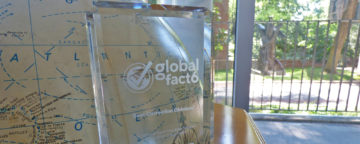

A fact-checking article by FactCheck.org that prompted a retraction and an apology was voted “Best Correction Obtained” and honored at the Global Fact 6 Awards in Cape Town, South Africa.

The Transatlantic Working Group examines how efforts by government and platforms to moderate online content -- and curb hate speech, terrorism, and viral deception -- have been flawed.
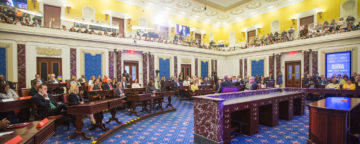
A project by the Boston-based Kennedy Institute to help teachers lead productive classroom talks on difficult policy issues has won the inaugural Leonore Annenberg Institute for Civics Award.

A study of adults based on a two-wave survey finds an association between seeing images of self-harm on Instagram and subsequent self-harm. Most who say they've seen the images report being disturbed by them.
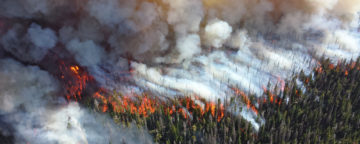
In a new study, APPC researchers found that the percentage of Americans who believe in human-cause climate change depends on what is asked and how.
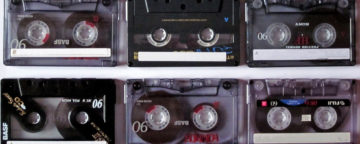
Given the series’ popularity and its potentially harmful effects, researchers at APPC and three other institutions conducted a study to more fully understand the effects of the show through a survey of U.S. young adults, ages 18 to 29, before and after the May 2018 release of its second season.
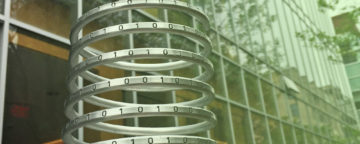
For the sixth straight year, FactCheck.org won the Webby Award as the best news and politics site from the International Academy of Digital Arts and Sciences.

A new policy review of research on teen risk-taking finds that despite stereotypes to the contrary, the evidence does not support the notion of the out-of-control teenage brain.

Freedom of speech must be protected even as governments and industries seek to reduce hate speech and disinformation, the Transatlantic High-Level Working Group on Content Moderation and Freedom of Expression (TWG) said following the group’s initial meeting.
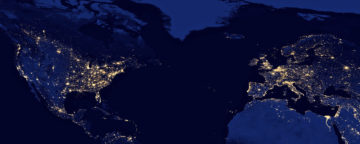
The new Transatlantic Working Group aims to address harmful content online -- hate speech, violent extremism, and viral deception -- while protecting freedom of speech and preserving a vibrant global internet.